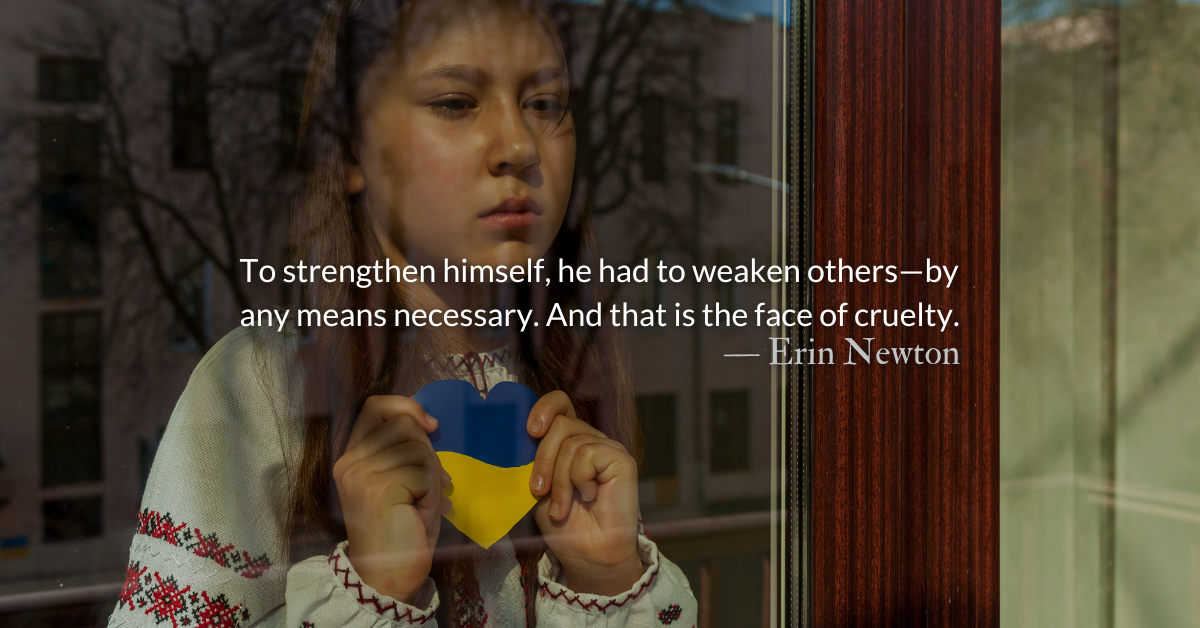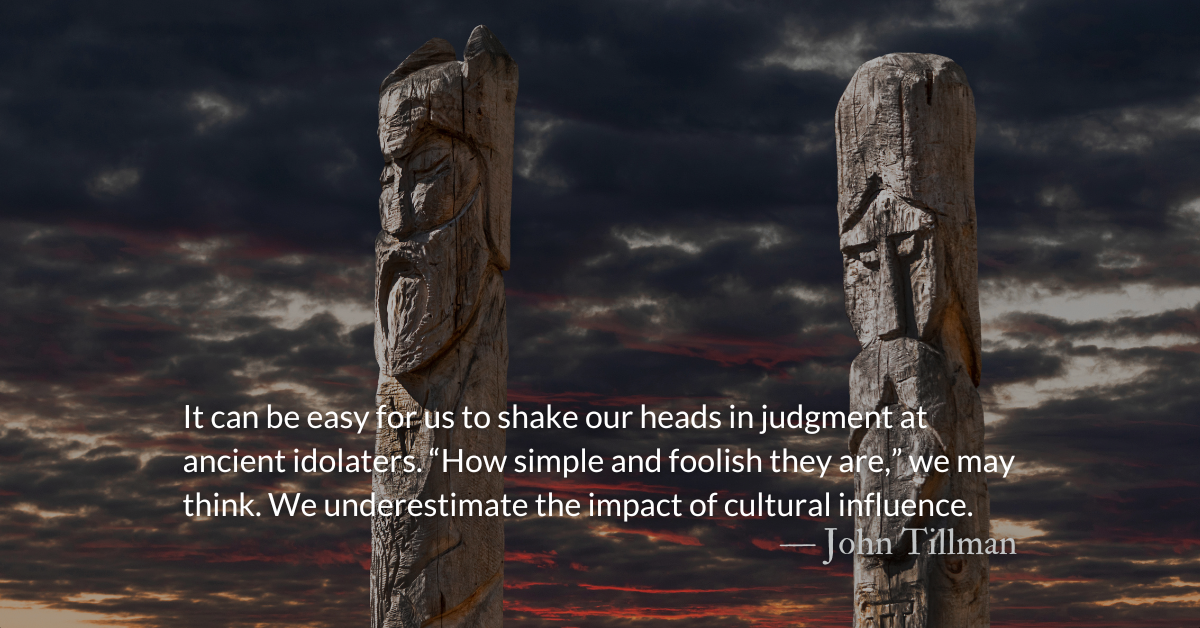Links for today’s readings:
Nov 12 Read: 2 Kings 25 Listen: (5:24) Read: Psalms 78.38-72 Listen: (7:12)
Scripture Focus: 2 Kings 25:3, 11-15
3 By the ninth day of the fourth month the famine in the city had become so severe that there was no food for the people to eat.
11 Nebuzaradan the commander of the guard carried into exile the people who remained in the city, along with the rest of the populace and those who had deserted to the king of Babylon. 12 But the commander left behind some of the poorest people of the land to work the vineyards and fields.
13 The Babylonians broke up the bronze pillars, the movable stands and the bronze Sea that were at the temple of the Lord and they carried the bronze to Babylon. 14 They also took away the pots, shovels, wick trimmers, dishes and all the bronze articles used in the temple service. 15 The commander of the imperial guard took away the censers and sprinkling bowls—all that were made of pure gold or silver.
Reflection: Starving People for Gold
By Erin Newton
The siege against Jerusalem by the Babylonian army lasted nearly two years. What takes us just seconds to read covers months of devastation for the people. Siege warfare, at least to our nearly isolated geography in the United States, is a strange concept to our minds.
According to Eerdman’s Dictionary of the Bible, to lay a siege “involves the surrounding of a city until its population either surrendered or was weakened enough to be overcome.” Famine sets in, not from lack of rain but from manmade power. This type of warfare is still happening today.
In 2 Kings 25, we see the Babylonian army surrounding Jerusalem and effectively prohibiting them from normal trade or receiving crops or aid from outside their walls.
The Babylonians knew that hungry, starved people were easier to control. Not only were they easier to push over, but they were much easier to rob.
Part of 2 Kings 25 focuses heavily on the destruction of the Temple. Nebuchadnezzar burned it down. It was an affront to God as the place where he met with his people was torn apart, stripped of its beauty and sacred vessels.
But Babylon had already decimated the temples of God by isolating and starving humans. We are familiar with 1 Corinthians 3:16: “You yourselves are God’s temple.” We know that each person is the image of God. So what was done to the Temple was merely a reflection of what had already been done to the people.
And for what? To gain power. To gather gold.
Nebuchadnezzar stroked his ego by decimating God’s people. He filled his coffers for no other reason than to appear important and flaunt his power over others. To strengthen himself, he had to weaken others—by any means necessary. And that is the face of cruelty.
Many of us today are opening the gates of our pantries, behind the cabinet walls, and counting the few measly cans left on the shelf. Fellow image bearers are looking into accounts, drained by the siege of those in power. Just like the ancient tactic to starve a people in order to control them, powers are exploiting the weak.
Will another gilded ornament be placed on the wall while supplies are strategically cut off from those in need? There is nothing new under the sun, just like Qoheleth said (Eccl 1.9). Cruelty today looks an awful lot the same.
Divine Hours Prayer: The Morning Psalm
Rescue me from the hurtful sword and deliver me from the hand of foreign people,
Whose mouths speak deceitfully and whose right hand is raised in falsehood.
May our sons be like plants well nurtured from their youth, and our daughters like sculptured corners of a palace.
May our barns be filled to overflowing with all manner of crops; may the flocks in our pastures increase by thousands and tens of thousands; may our cattle be fat and sleek.
May there be no breaching of the walls, no going into exile, no wailing in the public squares.
Happy are the people of whom this is so! Happy are the people whose God is the Lord! — Psalm 144.11-16
– From The Divine Hours: Prayers for Autumn and Wintertime by Phyllis Tickle.
Read more: Restoration Begins
Restoration begins with repentance. Exile and slavery are not the end for God’s people. They’re more like a restart.
Read more: The End for Summer Fruit
Starvation is one of the harshest sufferings. It is slow and debilitating…Spiritual starvation is equally slow and painful.






